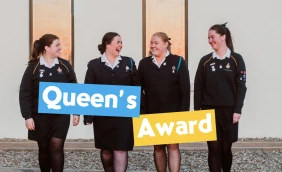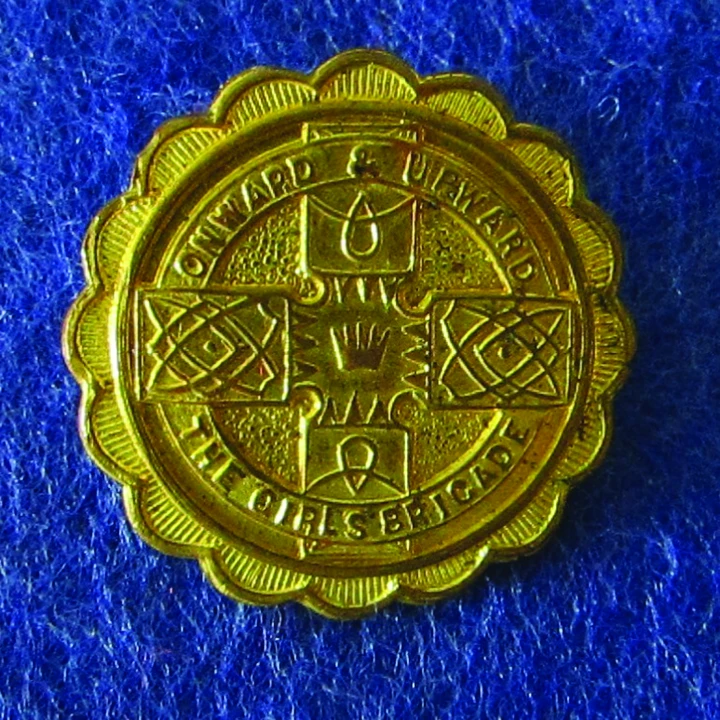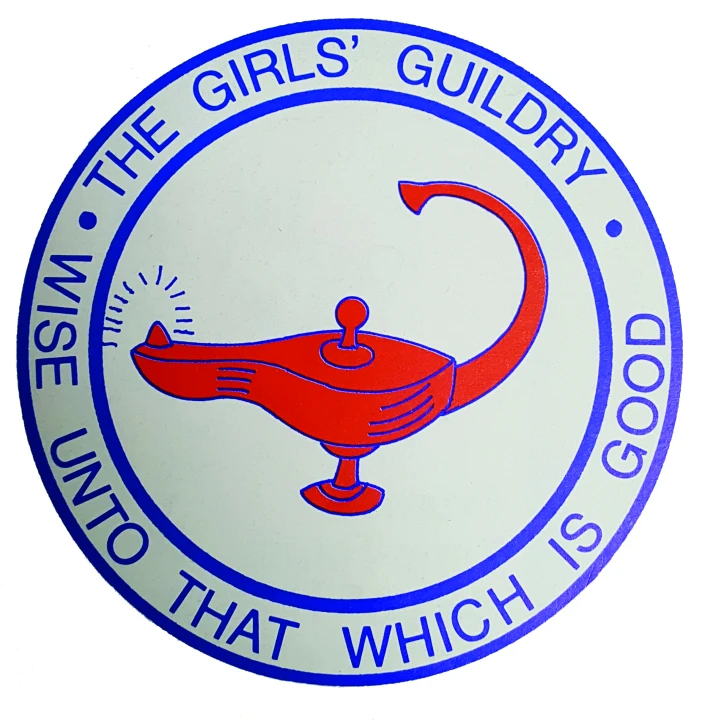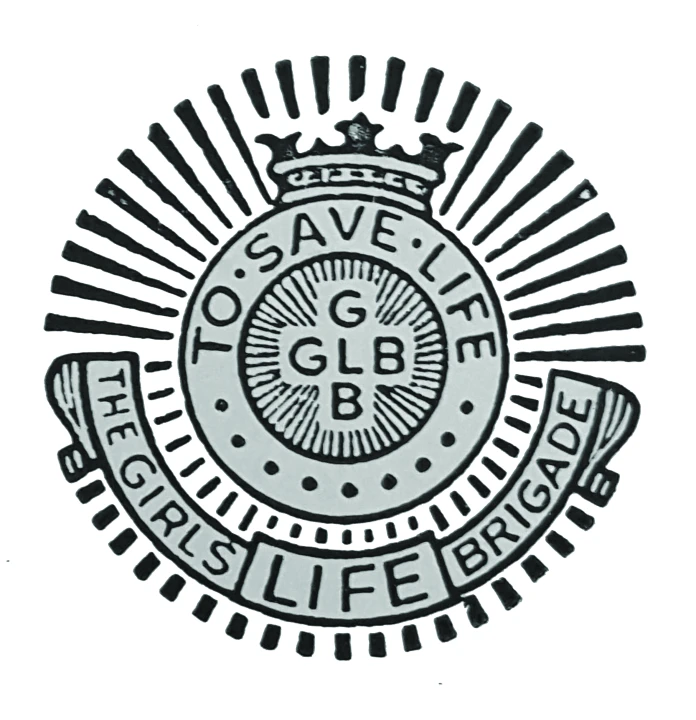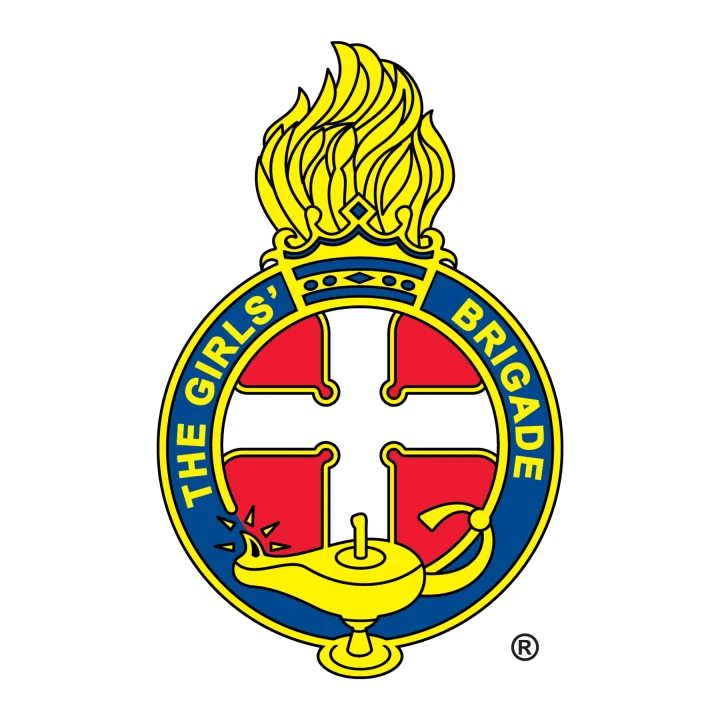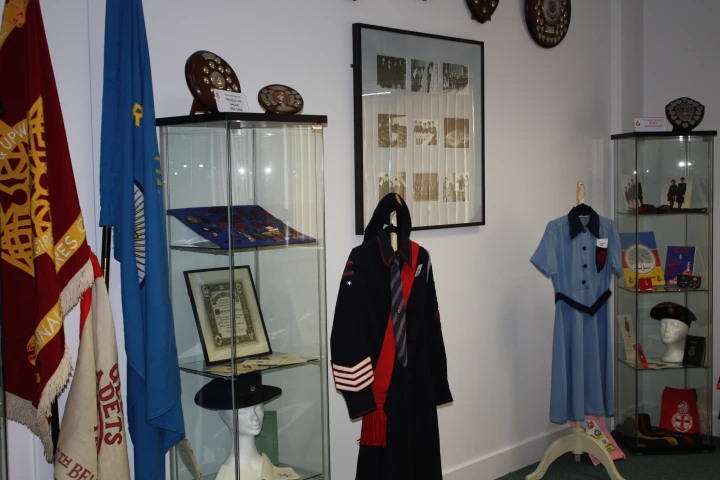Growth in the early years
All three organisations were designed to provide weekday activities for members of Sunday Schools and churches. They developed into uniformed organisations with programmes designed to meet the needs of girls and young women at that time. For the next 60 years, the three organisations developed and adapted, meeting the needs of the changing cultures around them. As these three organisations grew, they extended into many countries around the world. They all saw much growth including, in 1923, the opening of the first overseas groups in Jamaica. Work also developed in Cape Town, Riga and Latvia (all in 1925) and by its Jubilee Year in 1952, work had spread to many more countries such as Australia, New Zealand and Singapore.
The Amalgamation
Over the years there were many conversations between the three organisations, but probably the most crucial and historic decision was the one made in 1964, when the three groups agreed to amalgamate. It was with this amalgamation that the modern organisation of The Girls’ Brigade was officially formed in July 1965.
The Formation of GB International
The inaugural meeting of the Brigade International Council was held on 10th June 1968, attended by 19 countries. The meeting appointed Miss Joan Chenhalls MBE as the first International President. Also, at this time, two committees were established to oversee the developing work in the Atlantic and Pacific areas of the world. From this time onwards, The International Council met every five years in different locations around the world.
In 1993, the International Girls' Brigade family celebrated its centenary with celebrations around the world. This culminated with the sixth Brigade International Conference held in Dublin, Ireland. The next conference in 1998, held in Brisbane, Australia saw a reorganisation of the international structure. As a result of this meeting, the Atlantic and Pacific committees ceased to exist and were replaced with five fellowships: Africa, Asia, Caribbean and Americas, Europe, and Pacific. For the latest information and resources from GB International, visit their dedicated webpage via gbworldwide.org
The Formation of Girls’ Brigade NI
In 1940, the GB was introduced into Northern Ireland when Miss Irene Burns started the first company at Enniskillen Presbyterian Church. Two years later, a company began in First Lisburn Presbyterian Church and from this point onwards, GB started to flourish and grow throughout the Province. In 1945, the Northern Ireland Battalion was established. In 1949, Miss Hannah Bell, then Captain of Trinity Presbyterian Bangor, was appointed Secretary to the Northern Ireland Battalion.
Initially, the GB programme was based on Bible study and physical exercises but, as the organisation grew and developed, Efficiency and Attendance Badges were awarded, and the highest award was the Girls’ Brigade Star.
In 1967, it was decided to divide Ireland into two divisions: the Dublin Division and the Northern Ireland Division. Northern Ireland was subsequently divided into 13 districts. Between 1967 and 1970 the first Handbook and Programme Book were published. With the continued growth of the Northern Ireland Division, the districts were then divided into 15 districts by 31st March 1988.
The first National Executive Board was convened in 1976 under the chairmanship of Rev C N Sansom.
In 1991, the Northern Ireland Division became The Girls’ Brigade Northern Ireland and in 2005 a limited company.
Past Presidents of Girls’ Brigade Northern Ireland
2018 - 2021 - Mrs Alison Stevenson, St Paul's Parish, Lisburn
2017 - 2018 - Mrs Latifa McCullagh, Magheragall Presbyterian
2012 - 2017 - Mrs Lyn Campbell, Castlereagh Presbyterian
2009 - 2012 - Mrs Margaret Ming, St Andrew's Presbyterian, Bangor
2006 - 2009 - Mrs Morva Brown, Hamilton Road Presbyterian, Bangor
2002 - 2006 - Miss Pearl Hassard MBE, Trinity Presbyterian, Bangor
1999 - 2002 - Mrs Laura Greenaway, Banbridge Methodist
1995 - 1999 - Miss Annetta Smyth MBE, Joymount Presbyterian, Carrickfergus
1992 - 1995 - Miss Isabel Rowley, Carnmoney Presbyterian





